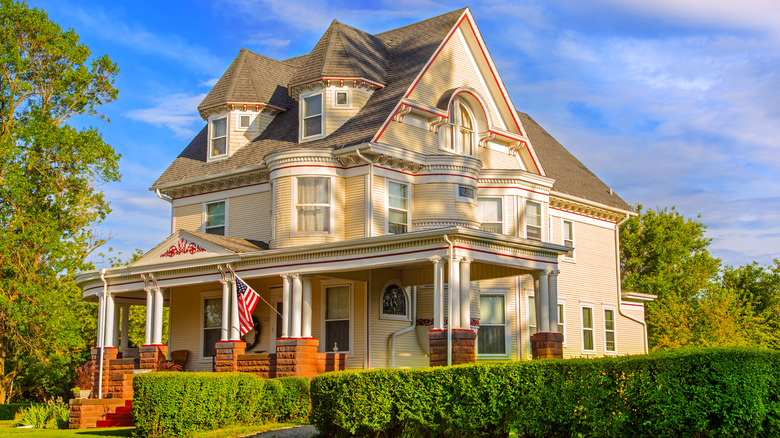Useful Tips To Help You Learn More About The History Of Your Home
Did you ever wonder who lived in your home before you did? Perhaps you know the year your home was built, and the neighbors have told you stories about the family that lived there before you, or maybe you know nothing at all. It can be interesting to research your home history. There's no wrong way to do so, but there are a few tips, including using local organizations, government offices, and your library, that can support your efforts. You'll also want to consider online resources that could reveal some of the details of your home.
While learning about the tales of the people who used to live in your home may be what you're initially after, there are some very important reasons to research your home beyond this. For example, it's a good idea to know about any renovation or construction projects to the property over its lifetime, such as the addition of a second story or added room. You may also want to learn about any major utility work that was done in or around the home, as that could play a role in ensuring you know what's happening under your property. Environmental details could also be revealed about your property that could play a role in what you can and cannot do in renovating, updating, changing the grading, or otherwise altering the structure or land. Consider a few simple tips to learn about your home.
Start by using local resources to research your home's history
Numerous local organizations and government offices can help you get started on your home history search. Start with the local property assessor's office. This organization keeps track of each parcel of property within the county. They typically will have records of previous ownership, the original footprint of the property, and a description of the architecture. The legal deeds for the property can often provide insight into how it was used, whether the property was divided, and who built it.
Another resource is the Bureau of Land Management, a federal organization that maintains federal land title records that date back to 1788. This can help you learn what was present prior to the construction of your home or, in cases of a very old home, who the original owner and developer were. These records are now digital and available to you to search online at the U.S. Department of The Interior's Bureau of Land Management website. You can also use the U.S. National Archives and Records Administration to dive deeper into the people who owned the property and are known to have lived there. Next, visit your local library or find a local historian who can help you connect with one. A map of the town, local newspapers that include your property, news articles about the people who lived in your home, property ownership, crime reports, and interviews with residents can all be found in these local archives.
Additional tips for researching your home's history
A range of informative resources could be available to help you uncover the home's history. For example, the real estate agent who sold you the home may have insight into its history, the date renovations were completed, and information on the previous owners. You may be able to contact those owners if you have questions about the age of major systems like your plumbing or electrical. You can also turn to the local building department to research permits pulled for your property over the years. This could provide you with the original blueprints for the home if your community required those to be provided. If you're renovating a historic home, this type of insight can be exceptionally valuable.
Online resources may offer some insight as well. Websites like HouseNovel can offer crowdsourced details about the home or community. Neighbor Who offers details about ownership and property sourced from multiple online locations. A genealogy website could offer insight into the people who used to live in your home as well as give you information about their family tree. This can be a fascinating history to explore if you inherited your home. If you live in an older home, don't overlook local social media groups for your community. A local Facebook page, for example, could connect you with people who know your area well and can share insight into the stories, people, and building of your home.



